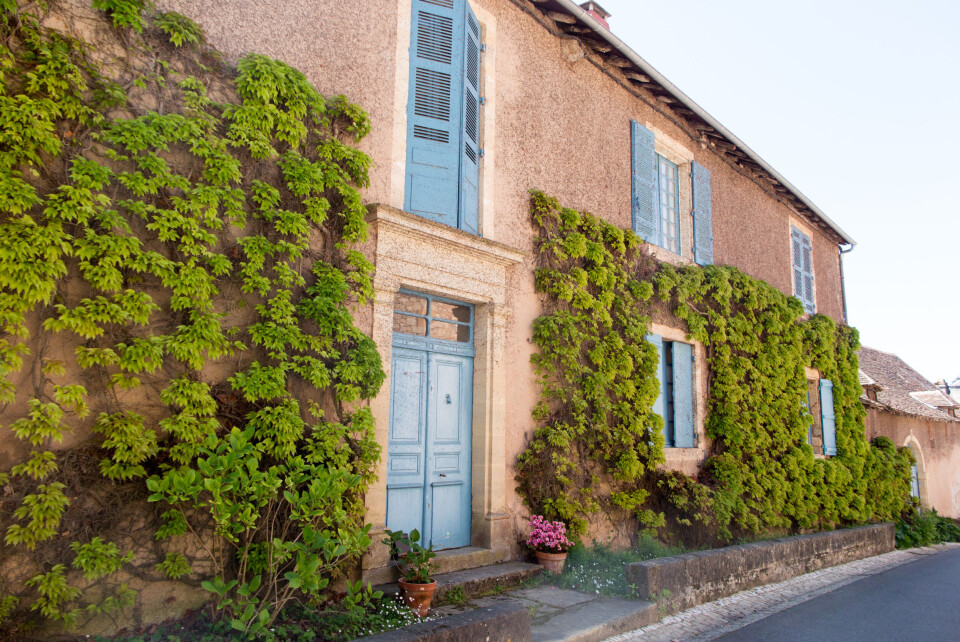-
Does a pool still add value to French property despite water restrictions?
An increased selling price might look attractive but do not forget running costs, increased taxes and water bans
-
More French communes ending home bin collections
Authorities claim the system is more eco-friendly but many residents are strongly opposed
-
Fines issued as AI identifies people who do not sort their rubbish correctly
Badly-sorted rubbish can cost millions so communes are turning to high-tech solutions
Some French towns raise taxe foncière by up to 19%, others stay level
Many have also put their rubbish collection charges up

Property owners in France will be seeing a rise – in some areas up to 19% – in their taxe foncière bills this year, partly as a result of inflation.
This year’s bills have begun to be sent out: those who pay annually online should be able to view their statement in their impots.gouv.fr tax space, while those who pay monthly will see theirs on September 19.
Those who request their bill in paper form should receive it this month if they pay annually, or in October if they pay monthly.
Read more: French taxe foncière bills arriving, inflation means rises
Everyone’s taxe foncière bills have gone up because the valeur locative cadastrale – the theoretical rental value of a property which serves as a basis for tax calculations – has been increased by 3.4% across the country.
This is the largest rise seen in the last 33 years, and is due to the fact that it is indexed on the rate of inflation, which exceeded 6% over a year in July.
Communes then apply their own taxe foncière percentage rates to one half of the valeur locative of the properties within them, and more than a quarter of large towns and cities have put these up this year. On average they have risen by 1.9% this year compared to 2021.
On top of this, many local councils have decided to increase the cost of household rubbish collection, with the average rise sitting at 5% in three quarters of all communes.
In many towns, the taxe foncière rate has increased by much more than 1.9%, while in three-quarters it has not increased at all.
In Marseille, for example, the rate is up 13.1%, and in Strasbourg it is up 9%, while in Paris and Lyon it has not changed.
The most significant rise has taken place in Mantes-la-Jolie (Yvelines), where the rate has increased by 19%.
In Bagnolet (Seine-Saint-Denis), it is up 15%, and in Martigues (Bouches-du-Rhône), it is 14% higher.
Related articles
Do non-residents pay more French tax on second homes than residents?
How much of our tax bill is due to having a swimming pool?
Steep rises for many French taxe foncière bills amid high inflation
























